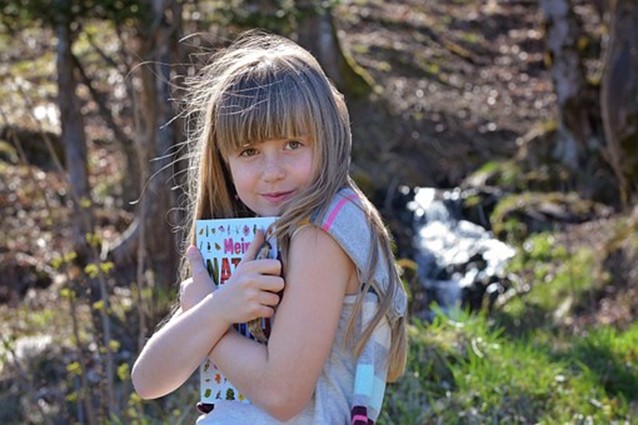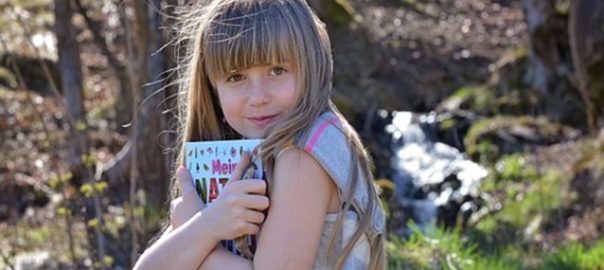
When it comes to expressing possession Darija uses an interesting method. Take this picture as an example. If we wanted to build a sentence using possession we could say something like: The book of the girl or The girl’s book. In Arabic we would say kitab al bint (كتاب البنت). Arabic uses the grammatical concept called mudaf/mudaf ilayhi where the possessed object is directly in front of the possessor. The key of this concept is that nothing comes between these words. In Darija the sentence becomes ktab dyal l bnt (remember darija shortens words by removing vowels). Notice the key word dyal. Every time I listen to a Darija conversation I must hear this word dyal at least once, making me think that this is a very important word. It also works with pronouns by having the pronouns attach to it as follows:
| Darija | English |
| Dyali | Mine/my |
| Dyalk | Yours |
| Dyalu | His |
| Dyalha | Hers |
| Dyalna | Ours |
| Dyalkum | Yours (plural) |
| Dyalhum | Theirs |
So if you wanted to say this book is mine, you would say had lktab dyali or instead of the girl you wanted to say hers you can say lktab dyalha. As you can see the ktab is prefixed with l. This isn’t always the case because of the sun and moon letters. As I learned this concept I started writing a lot of sentences with this grammatical construction. It’s really helped me to learn this rule. After a few examples I felt that I understood the concept.
If you are like me and just starting to learn Darija, I highly suggest you practice writing the pronouns with different verbs.
Word List
| Darija | English |
| Mzuwj | Married |
| La mazal | No, not yet |
| La baqi | No, not yet |
| Stilo | Pen |
| Zrbiya | Rug |
| Tbla | Table |
| Shkoon | Who |
| Ash | What |
| Mazyan | Good |
| Mra | Woman |
| Wesh | Is/does |
| Ah | Yes |
| Had | This |
| L7m | meat |
| Beed | Egg |
| Shrb | Drink |
| Khudra | Vegetables (literally greens) |
Verb list
| Akul | To eat |
